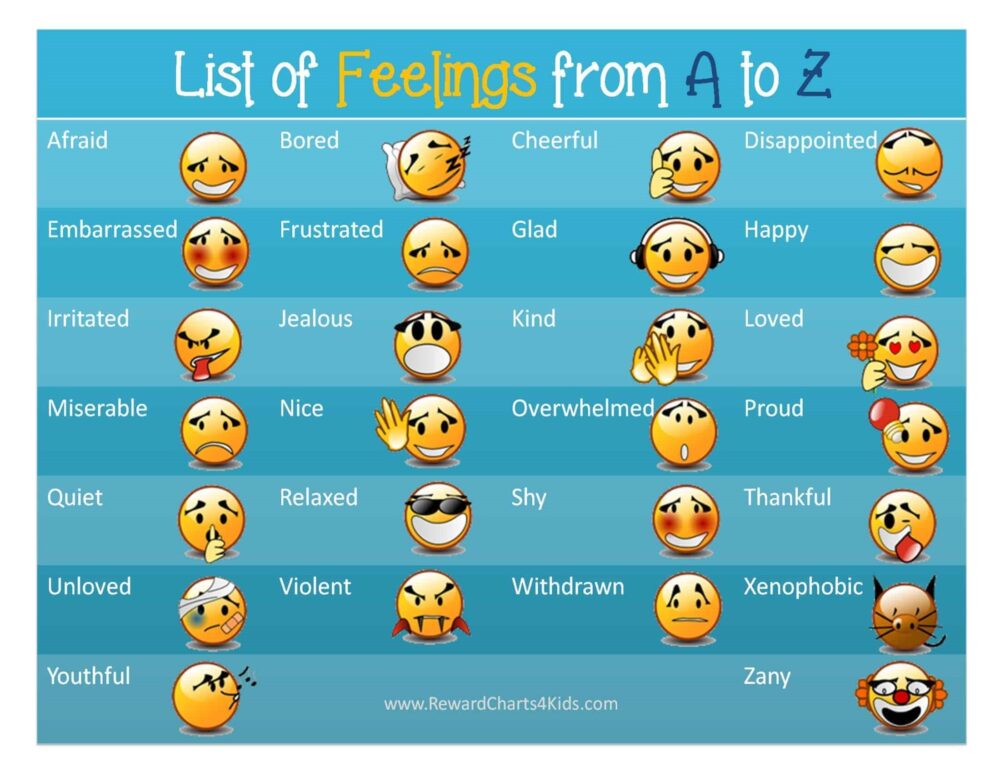Question: Why enhance your fictional personalities with feelings, viewpoints or oddities?
Part of my learning curve in attempting several manuscripts has been an emotional business to say the least, not only for my characters but for myself.
On one hand, I give characters too many emotions—they’re a mess. On the other hand, usually my left, I don’t give them enough—they’re 1-D, uninteresting, and unrelatable. Without sentiments, passions and emotional reactions which make them, them, characters aren’t worth readers, agent’s, or a publisher’s time.
In one of my current WIP (works in progress), the husband failed to arrive home from work. Ah, such a mystery.
Following is an excerpt from a letter a literary #agent sent me regarding the above story:
“[Your character’s] reactions seem credible as she tries to locate her husband, running from one possibility to another to another but I wanted a deeper dive into her growing anxiety/fear as [the husband] is nowhere to be found. Fear for her husband, his safety, but then also herself and [her child]. What if, what if? What becomes of them without him?“
Here’s more: “Her actions show her feelings, but I want a dive into her racing mind. Is she sending up prayers? Is she blocking out thinking the worst? Let [readers] really engage with her on an emotional level and experience what’s happening.“
I’d put that what-if fear into this story, but after her actions. (Personally, I get so caught up in best words, word count, sentence structure, grammar, and in this case, focused only on her physical show of what she felt, I didn’t think of what she should’ve been thinking simultaneously.)
After I worked on my characters’ feelings for a solid 10 hours, I was exhausted beyond belief because I felt my protagonist’s, and my own, worry, mounting fear and panic and sadness and inability to think clearly, and, and . . . While editing the above, I forgot my own worries. (At present, I’m experiencing a desire for a complete collapse on my bed with a pillow followed by bibliotherapy.)
Answer: David Farland asks, “Does each character have his or her interesting way of seeing the world?”
I’d like to add here, why do they see the world like they do? Now, this is background for a character, but I suggest, the past creates the present. This is a simplified version of Post-traumatic Stress Disorder: In soldiers or abuse targets, victims bury what’s happening in order to survive the now. When the mind is alerted later by a specific noise, a crowd of people, a vacation in Hawaii, a dream, a room, or a photo of an Arizona desert, what the individual has suppressed can awake. Can you imagine the horror, panic, anger, depression and confusion? (Not including a Traumatic Brain Injury) How would this character’s view of the world differ from that of another fictional character? What symptoms may this individual have that cause emotions in other fictional characters?
In an October, 2010 article by Keith Oatley, Ph.D. in Psychology Today entitled Emotions of Fiction helps explain why what our protagonist feels is important. “Without [readers] there would be no story, because only in the mind of the reader . . . does a story come alive. So the real question for me as a writer is not how to use my own emotions to drive a story, not even how to depict the emotions of characters. It’s how to invite readers to experience their own emotions. When this works, it does so partly because of resonances of themes in the reader’s life with those of the novel. It occurs when readers . . . put aside their own concerns, and take on those of a protagonist. Then they can experience their own emotions in circumstances in which story characters find themselves. This is where the real emotions of fiction take place.”

